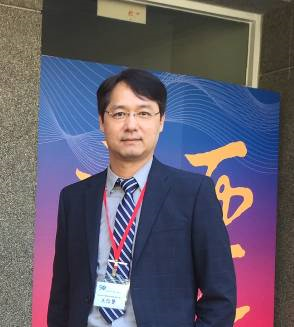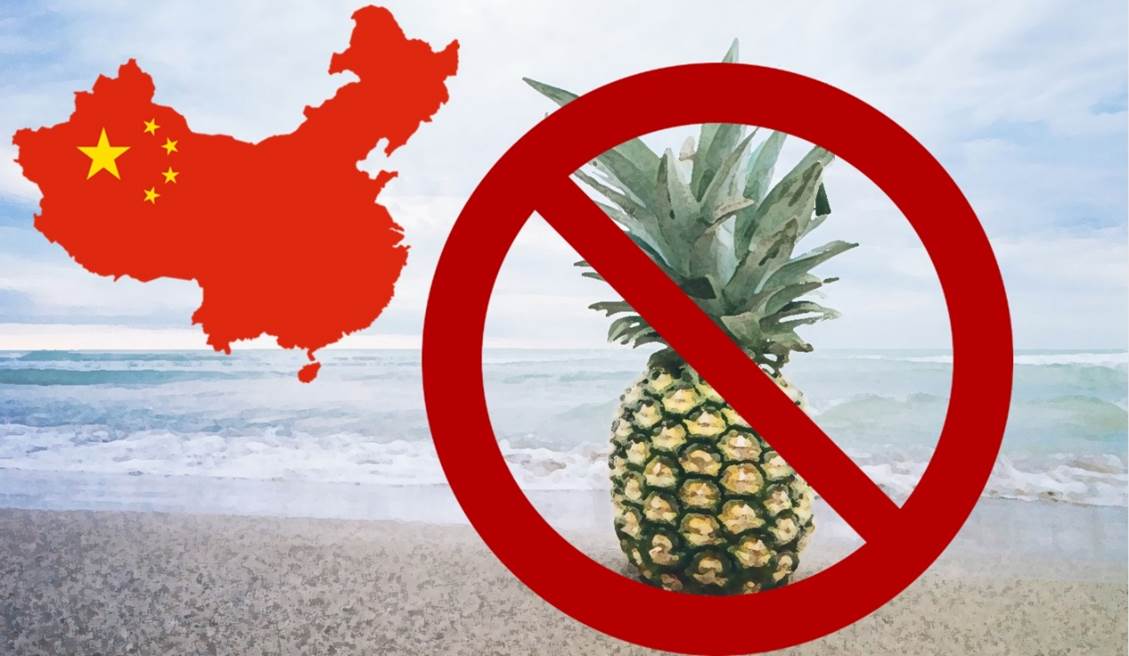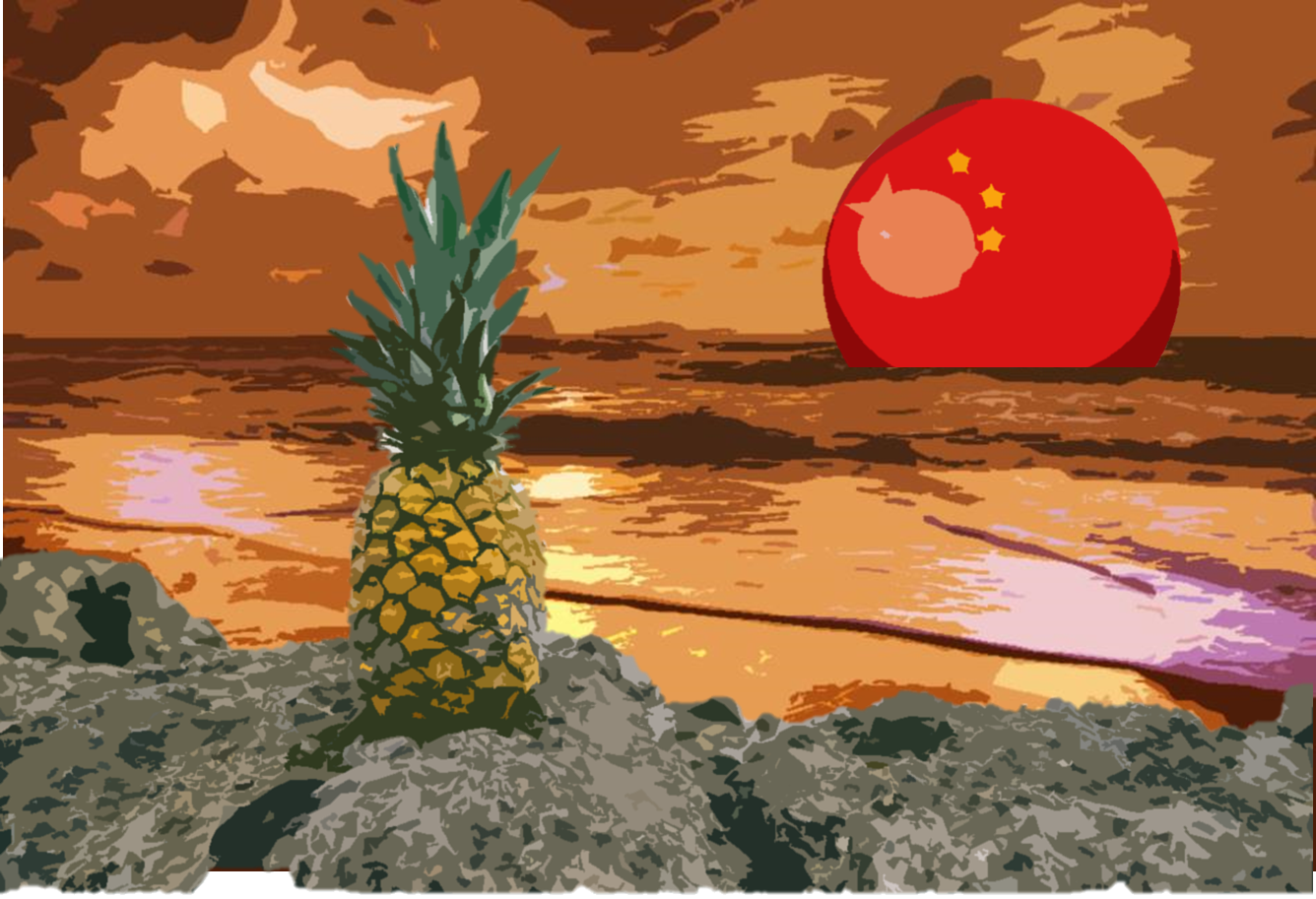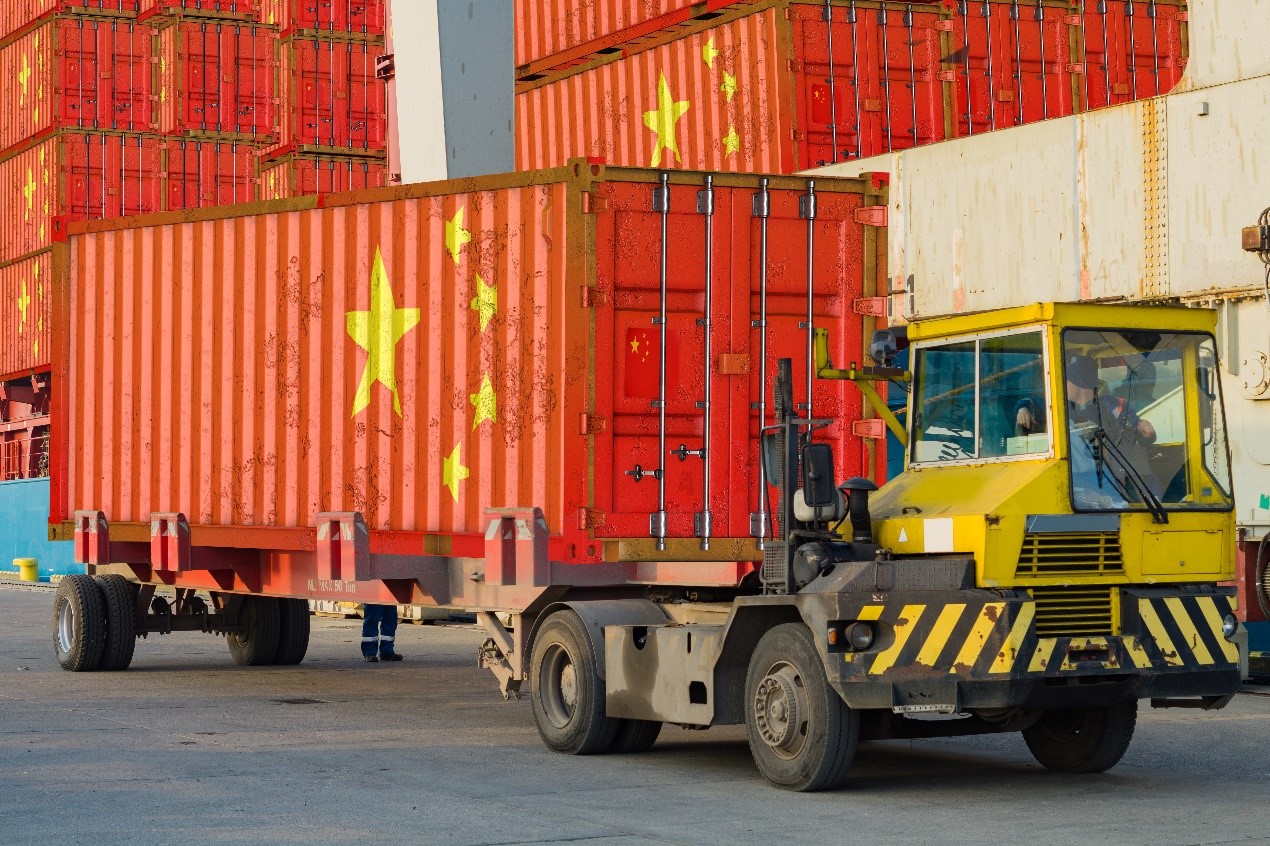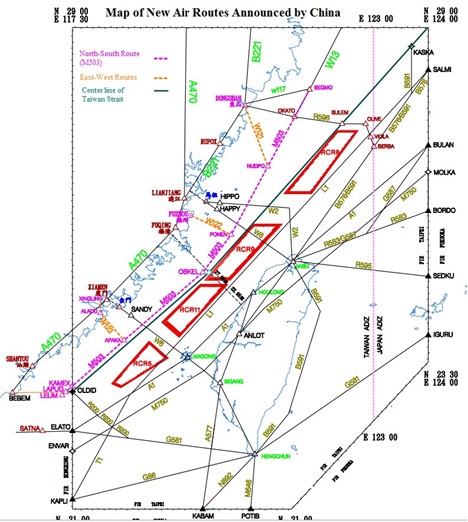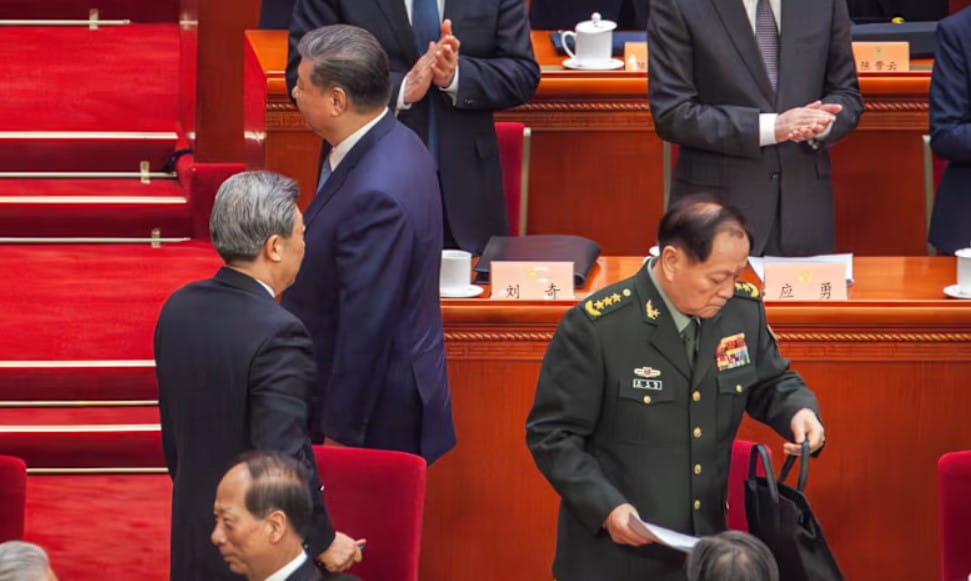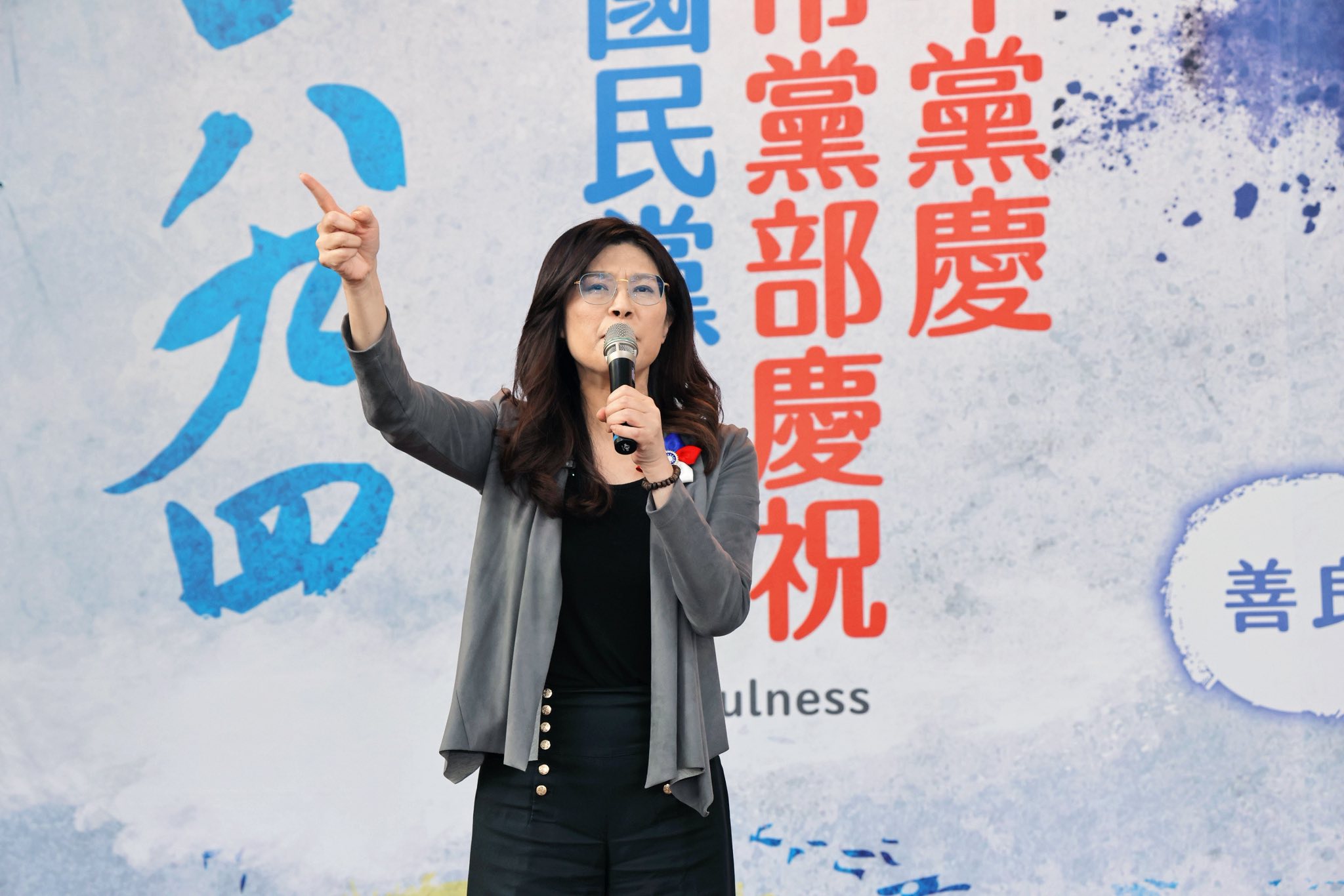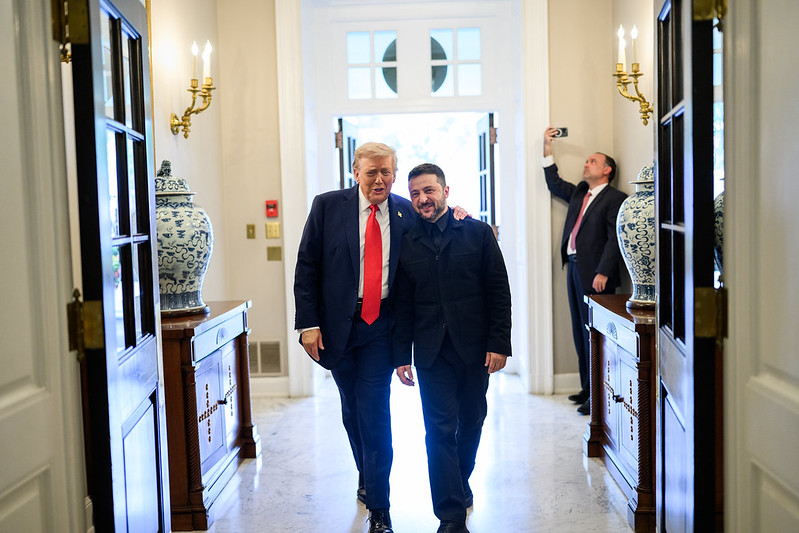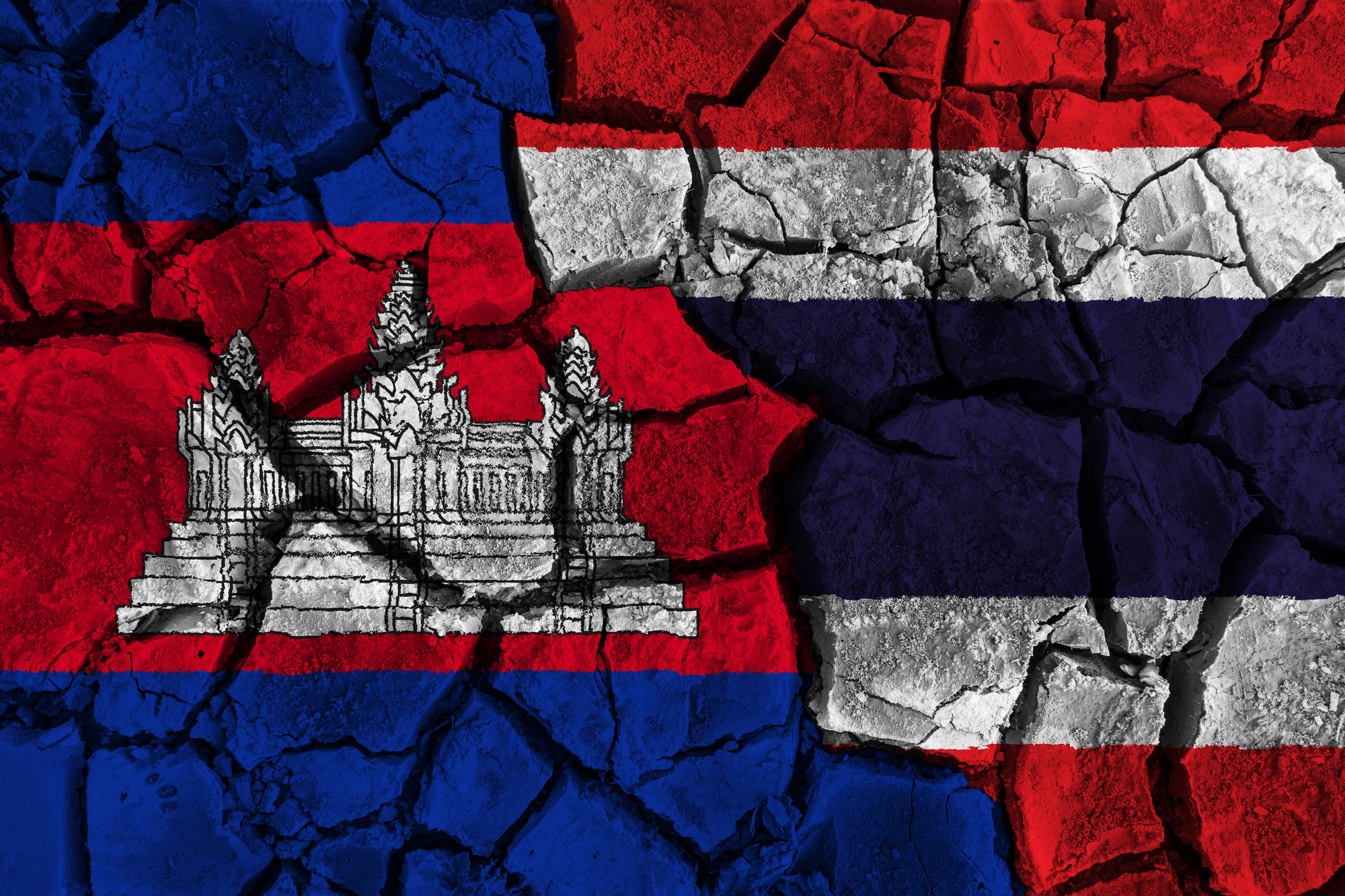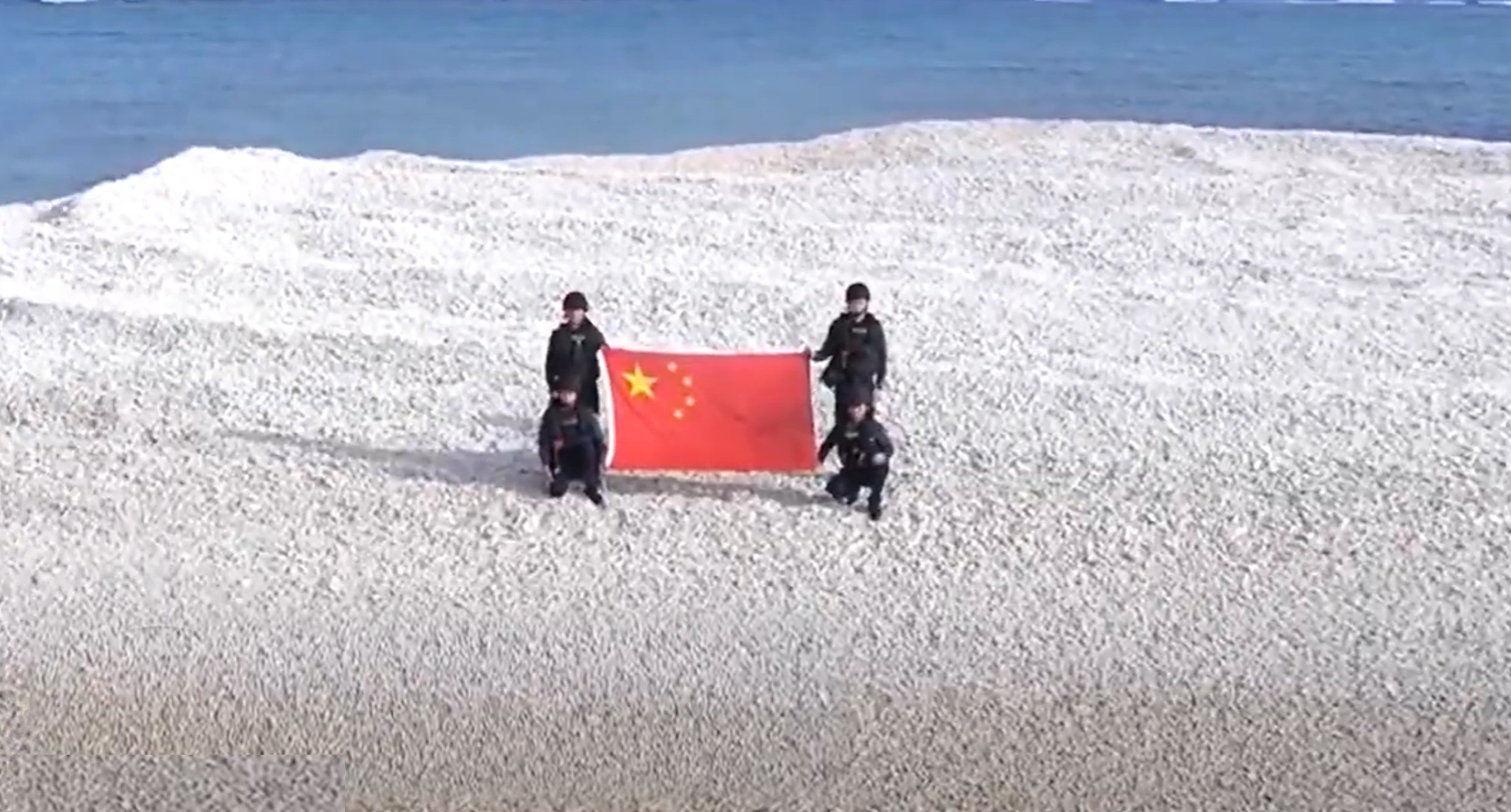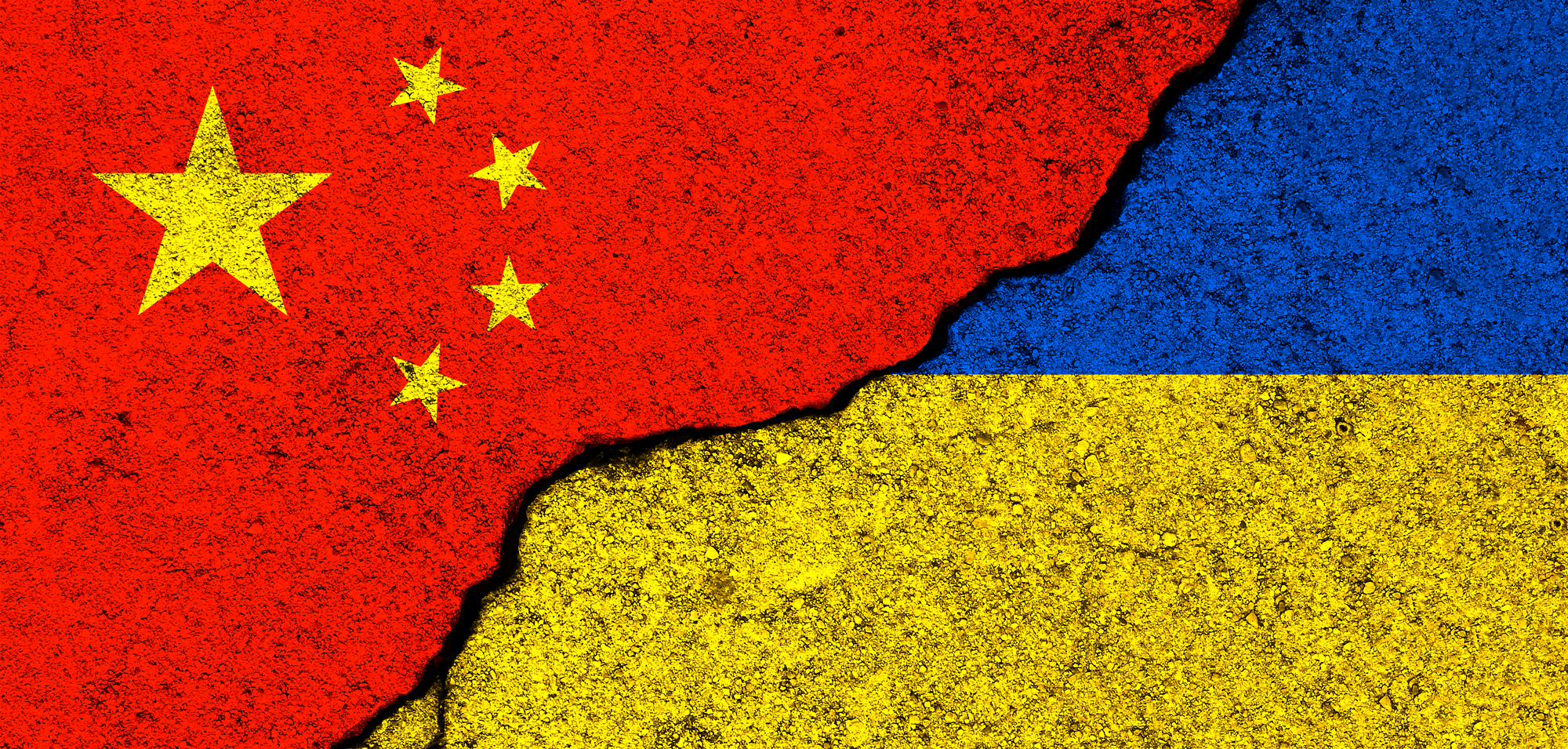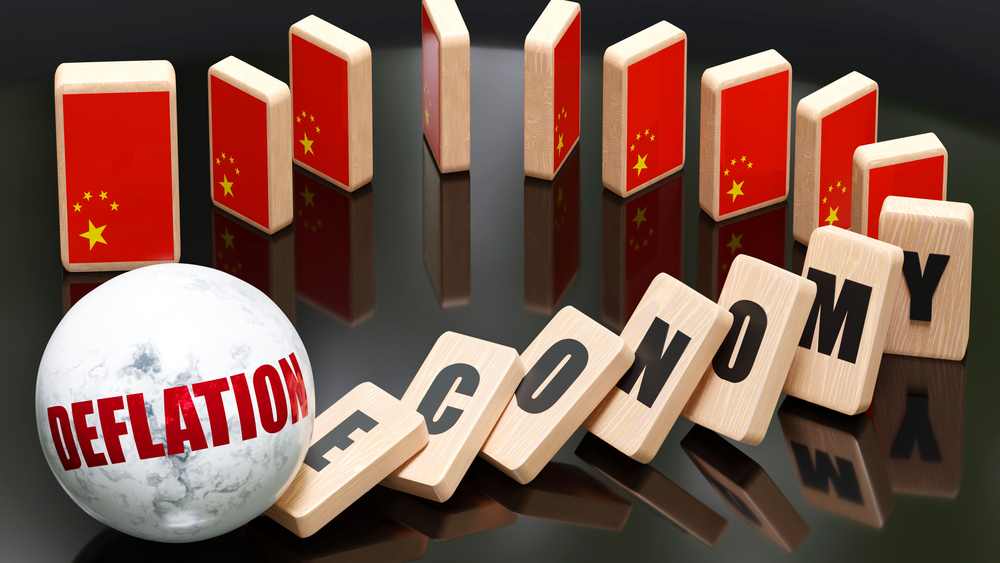Pineapples, 22 Agricultural and Forestry Measures, and Integration through Human Interactions, Special Privileges, and Emotional Ties
Intensified calls in the Xi Jinping era for “home field” unification and precise policy implementation might partially explain the dichotomy of imposing a pineapple ban while at the same time issuing “22 measures” aimed at incentivizing integration.
Prospects & Perspectives 2021 No. 22
Pineapples, 22 Agricultural and Forestry Measures, and Integration through Human Interactions, Special Privileges, and Emotional Ties
Hsin-hsien Wang
May 13, 2021
Throughout the month of March, China has advanced its continuing campaign of mixed warfare, which includes sustaining a united front, circulating propaganda and contesting recognition. This campaign is not merely an issue of the past and present, but something that is rapidly turning into a key strategy for the future. In late February, China’s General Administration of Customs announced a March 1 start to a pause in pineapple imports from Taiwan. The dispute quickly gained traction and spread like wild fire across Taiwan, igniting intense internal debate. On March 17, China’s Taiwan Affairs Office issued “certain measures concerning support for the development of Taiwan compatriot enterprises operating in the areas of agriculture and forestry” (the “22 Measures on Agriculture and Forestry”) as a way to encourage and support participation by Taiwan compatriots in farming and forestry ventures in China. Closely on its heels, Xi Jinping made Fujian the inaugural destination of his first state inspection tour following the two sessions of the National People’s Congress; and, on March 25 remarked that “open human interactions, special privileges, and emotional ties should be emphasized in exploring new paths for cross-strait integration and development. As should be apparent, throughout the month China has seemed to issue social and economic measures at odds with each other, from the hard policies of pineapple bans and military flight incursions into Taiwan’s southwest air space to the soft ones of open interactions, privileged access and integration promotion. The following commentary attempts to put this in context.
Firstly, China’s current tasks in relation to Taiwan continue to be “opposition to independence”, “unification”, and “integration promotion.” Whether talking about the prior “31 Measures’, “26 Measures”, “11 Measures”, or most recent “22 Measures on Agriculture and Forestry”, all of these fall under the rubric of promoting integration. Topics coming out of the Taiwan affairs conference that were the focus of remarks by Wang Yang, Chairman of the National Committee of the Chinese People's Political Consultative Conference, and Premier Li Keqiang during the NPC’s two sessions all had to do with promoting integration. Xi’s comments about “human interactions, special privileges, and emotional ties,” then, of course, had the effect of elevating the approach of social and economic integration to a new level. However, it needs to be understood, that no matter the actual number of measures, these Taiwan incentives all overlap and their meaning as instruments of a united front and propaganda exceed their denotive substance.
Secondly, the “Taiwan Privileges” policy of the previous Hu Jintao government differs from the Xi era in that the current position emphasizes “home field unification” and precision policy execution. This is the reason for the simultaneous occurrence of a pineapple ban in apparent opposition to the “22 measures” or “Open Interaction, Special Privilege, Emotional Ties” guidance. In the eyes of Beijing, these are all part of an integration promotion strategy, regardless of Taiwan’s position as the “visiting team’s field” with respect to pineapple or other agricultural and fishery imports. This thinking has been shaped out of recent election results analyses that has not only indicated a lack of clarity but also a situation that has taken on an even graver countenance; thus, why not work on bringing Taiwan’s medium to small agriculture, forestry and fishery related enterprises and its younger generation over to the home team field by putting the ball in their court and giving them a chance to score some wins.
Thirdly, these policies may look to be “privileging Taiwan” but in fact are “self-interested.” Consider the situation with measures 31 and 26 that came from the central government and to which each region in succession responded with increased quotas, whether or not with the intention of attracting Taiwan enterprises and talent, such that in the end they ended up needing them to realize the necessary development. Moreover, China’s Taiwan Affairs Office has suggested that the “22 Measures” will also contribute to revitalization and redeployment in rural sectors throughout China. This echoes China’s recent tactical turn in the resolution of the “three rural issues” -- agriculture, the countryside, and famers -- from a focus on “new forms of urbanization” to that of “rural revitalization,” requiring deeper pools of capital, technology and talent. Thus, the promulgation of these measures has been as much for motives of self-serving development as anything else.
Finally, the fact that Xi, during his inspection tour of Fujian, repeatedly brought up “taking even bigger steps in exploring new paths for cross-strait integration and development” cements the position of Fujian as a trailblazer for “privileging Taiwan” measures. In recent times, China’s leaders, including Xi with his “Five Points”, have often brought up the significance of Fujian when discussing the importance of Taiwan. Yu Weiguo, Provincial Party Secretary for Fujian, has repeatedly remarked about Fujian mobilizing its unique advantages to set itself up “as the first home of compatriots and businesses arriving from Taiwan.” Since the beginnings of China’s “one country two systems”, Fujian has played an outsized role in cross-strait relations. However, when considering along with these China’s past two years of heralding the province’s GDP overtaking Taiwan, then it is worth keeping in mind the rapidly growing strategic importance of Fujian in waging war on Taiwan’s system, mentality and identity.
(The Chinese version of this article was presented on the website, Facebook, and Twitter of Prospect Foundation, April 27, 2021)

